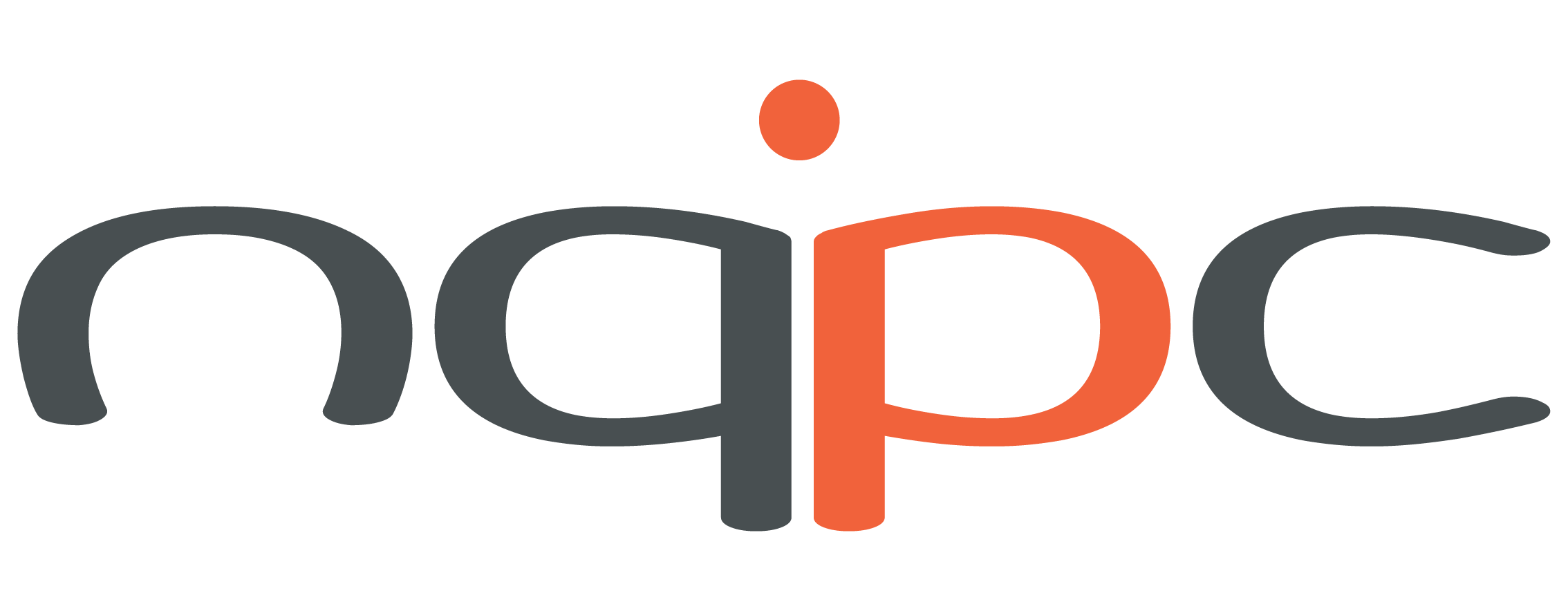Injuries are an inevitable part of sport and with the increases in the speed, skill level and training load required for today’s athletes, it is more important than ever to get injury management spot-on for a fast and effective return to full fitness.
Getting an accurate diagnosis on the injury is crucial in the acute (early) phase. This is where best advice can be given as to whether an injury needs to be immobilized and rested, or if it can be treated more aggressively. Initial first aid is always important; i.e. rest, ice, compression and elevation, however a consultation with your physiotherapist is essential so any medical imaging or referral can be performed immediately.
After this initial stage, timeframes on recovery and expected functional outcomes can be determined. This is where more specific rehabilitation will be undertaken and a progressive exercise program will be implemented. Your physiotherapist is trained to know when your rehabilitation program can be progressed and how aggressively to do so without causing any harm or set-back.
When you are nearing the end of your rehabilitation, it is important to get a clearance from your physiotherapist to allow a safe return to sport. Returning too early or returning to sport without a safe progression may put you at risk of re-injury or chronic injury. Remember that your injury may also require stabilizing with a brace or orthoses when returning to sport and your physiotherapist can give you advice on the most appropriate support.

